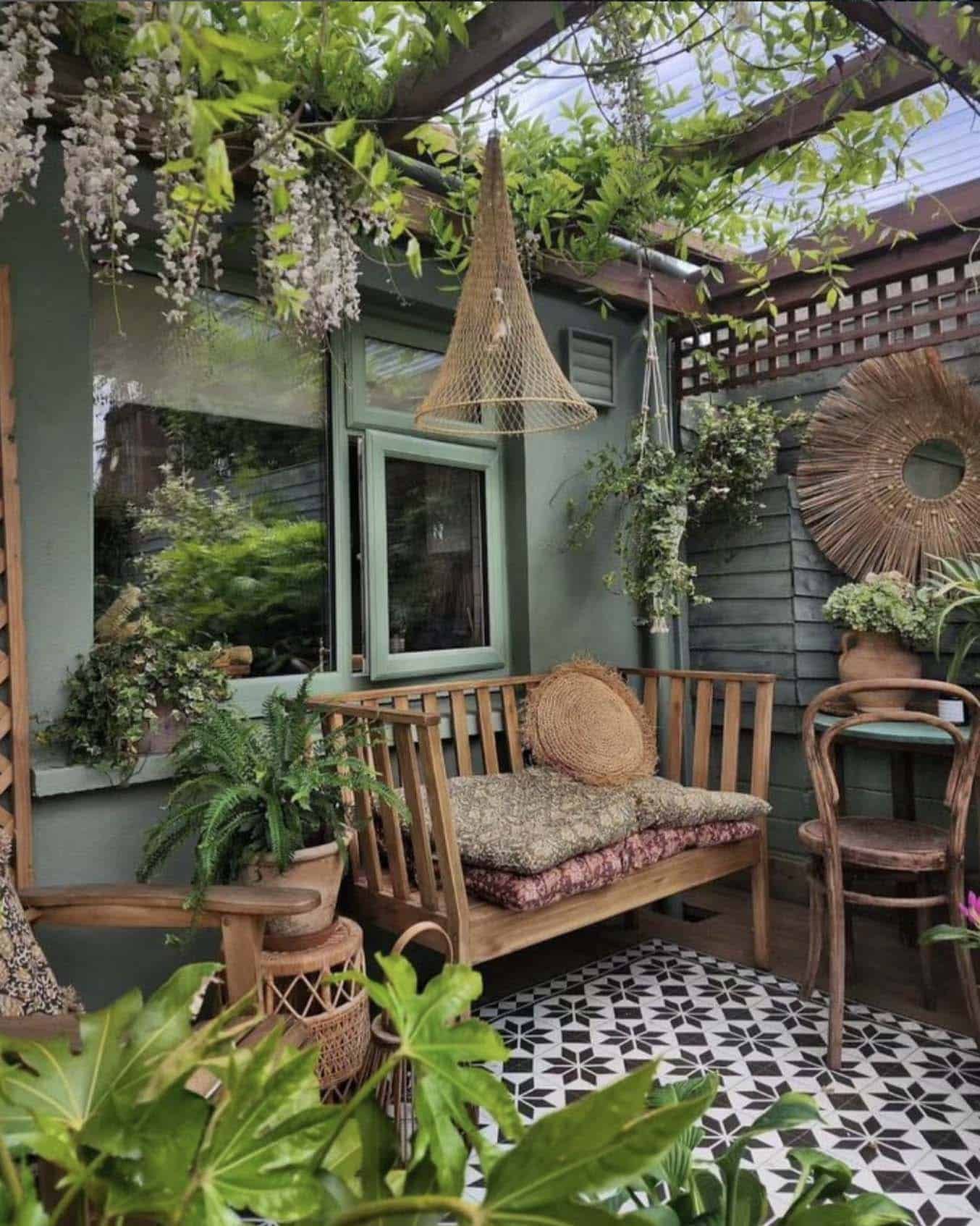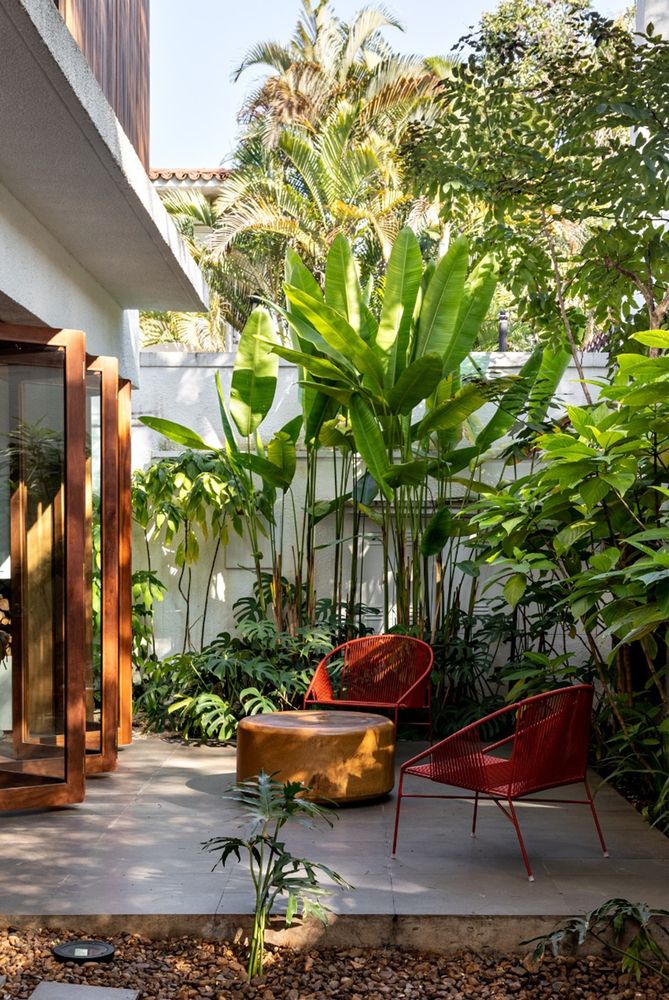Outdoor spaces are essential for health and well-being, providing a connection to nature and a space to relax and unwind. Whether it’s a backyard, a park, or a rooftop garden, outdoor spaces offer a range of benefits for both physical and mental health.
One of the main advantages of outdoor spaces is the opportunity to get fresh air and sunlight. Spending time outside can help improve mood, reduce stress, and increase energy levels. Sunlight exposure is also essential for the body to produce vitamin D, which is important for overall health and well-being.
Outdoor spaces provide a place for physical activity and exercise. Whether it’s going for a walk, playing sports, or gardening, being outdoors encourages movement and activity. Physical activity has many health benefits, including improving cardiovascular health, increasing muscle strength, and reducing the risk of chronic diseases.
Being in nature has a calming effect on the mind and body, helping to reduce anxiety and promote relaxation. Studies have shown that spending time outdoors can improve mental clarity and cognitive function, while also boosting creativity and problem-solving skills. Nature has a way of helping people feel more grounded and connected to the world around them.
Outdoor spaces offer opportunities for social interaction and community engagement. Parks, playgrounds, and outdoor events provide a space for people to come together, connect with others, and build relationships. Spending time in outdoor spaces can help foster a sense of belonging and connectedness, which is important for overall well-being.
Creating and maintaining outdoor spaces is essential for environmental sustainability. Green spaces help reduce air pollution, absorb carbon dioxide, and provide habitat for wildlife. By investing in outdoor spaces, communities can help support biodiversity, conserve natural resources, and promote a healthier, more sustainable environment for future generations.
 yishifashion Where Outdoor Dreams Become Reality
yishifashion Where Outdoor Dreams Become Reality

















